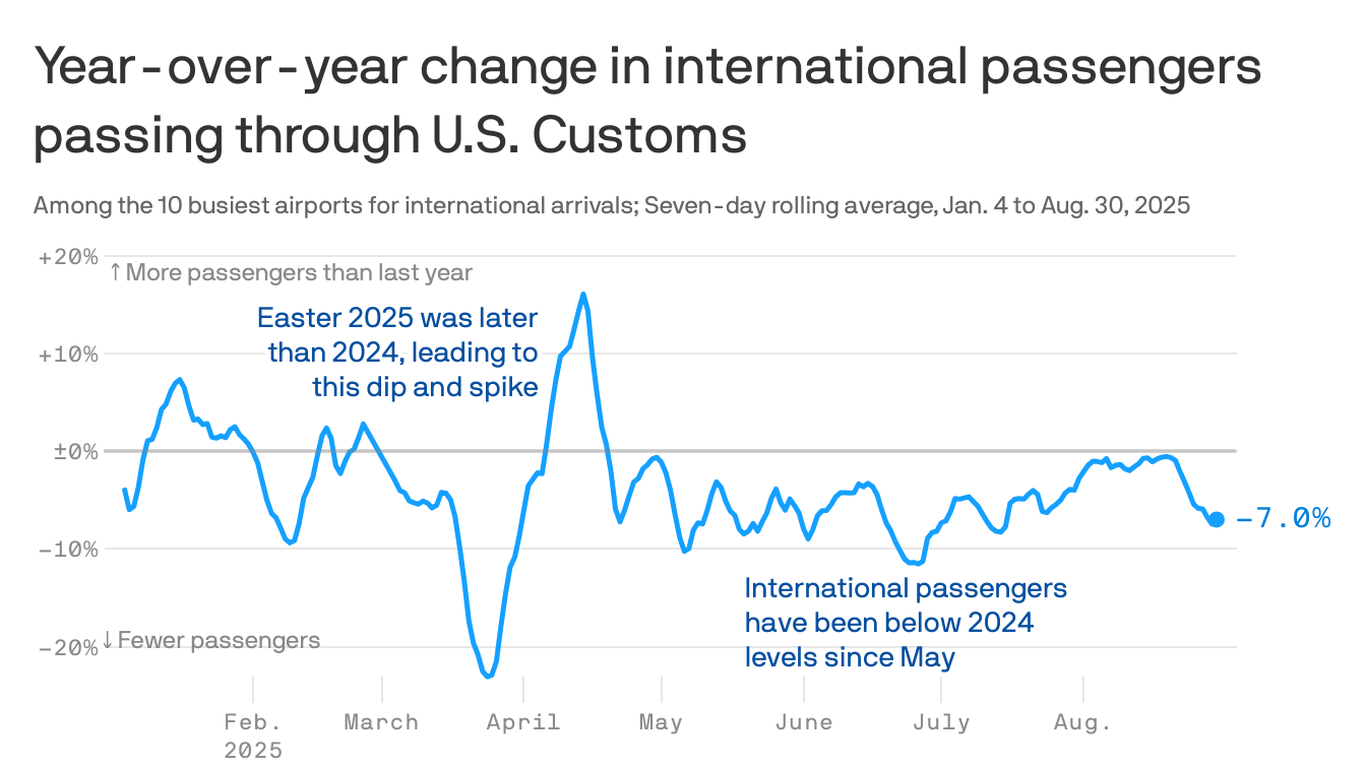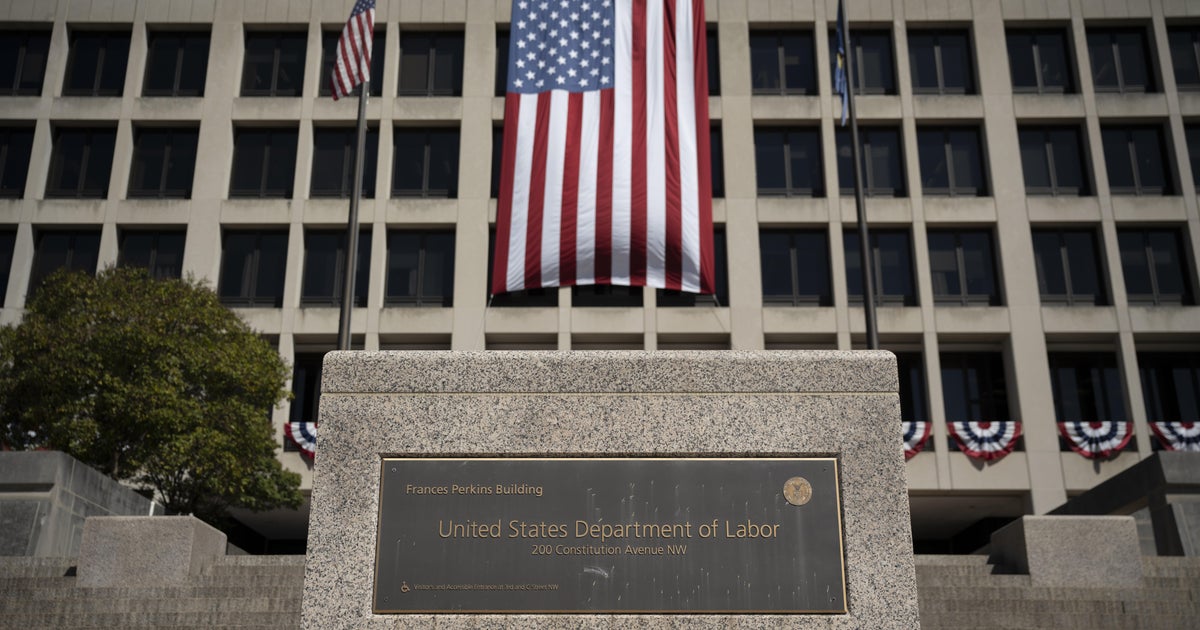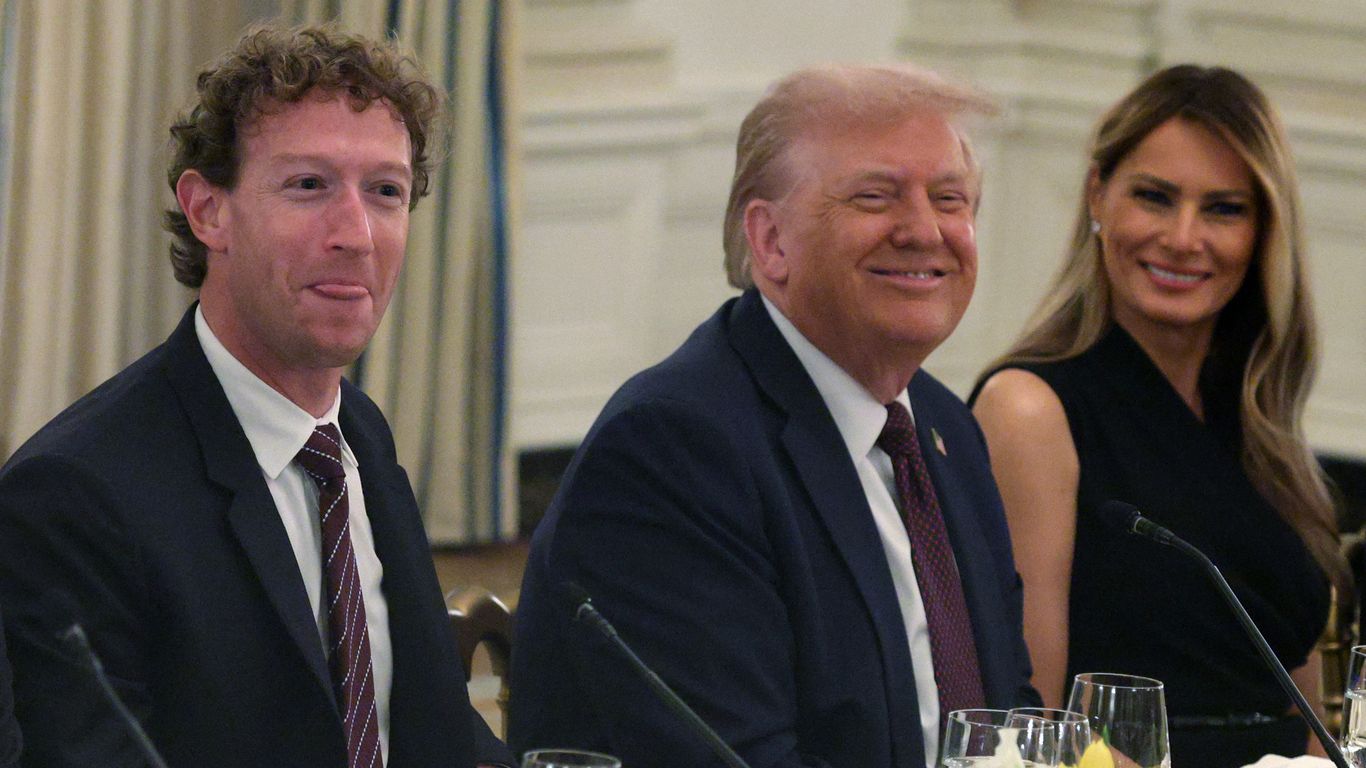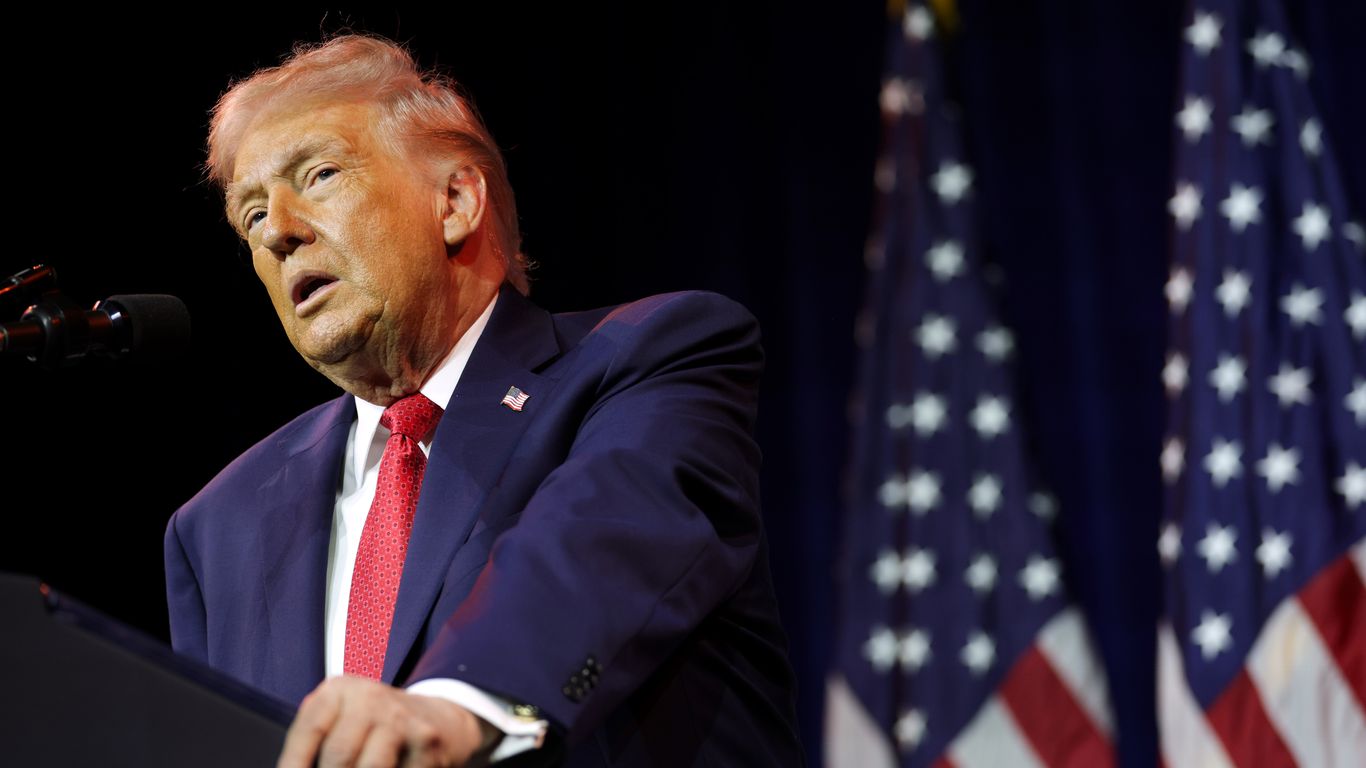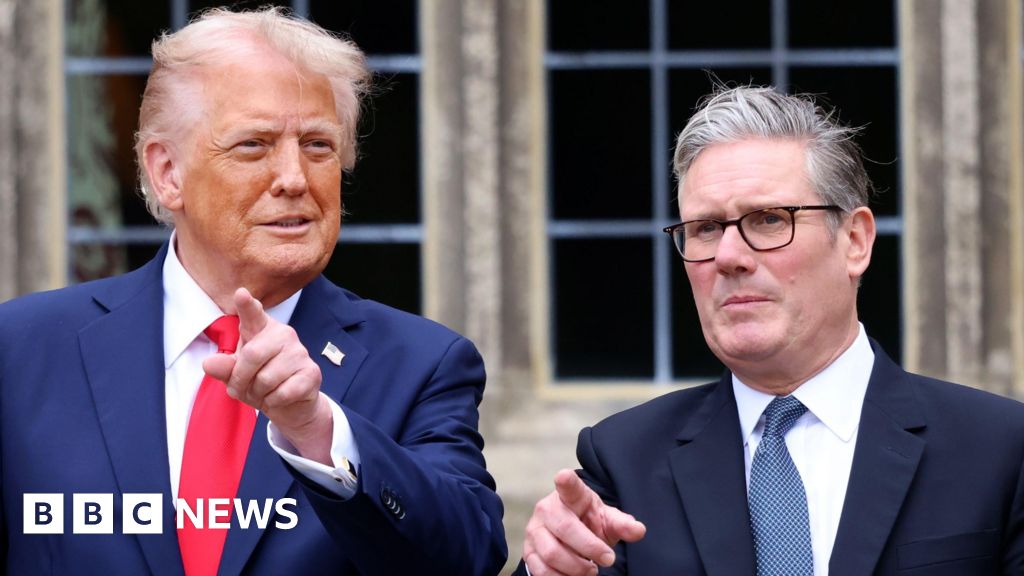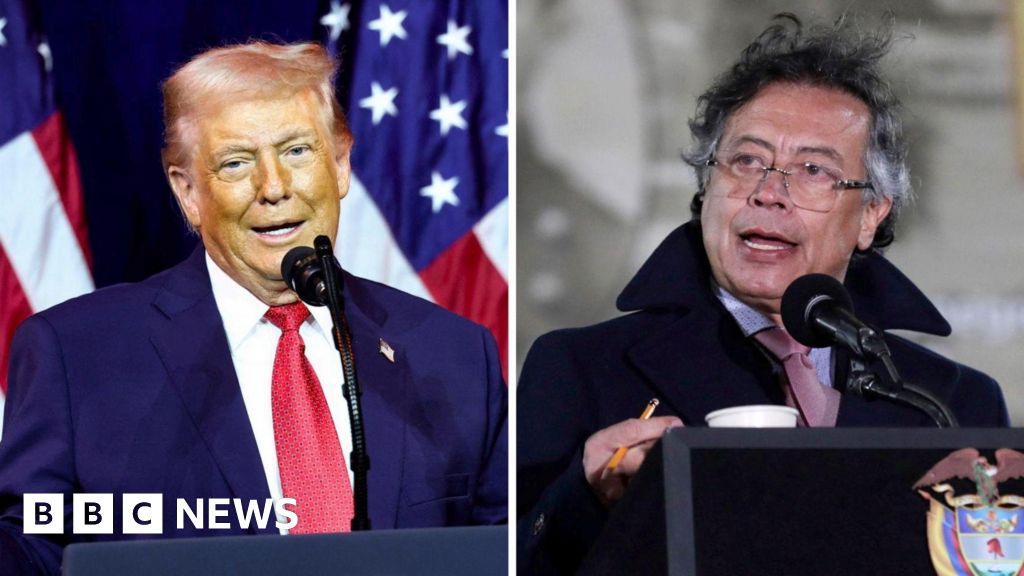White House Withdraws E.J. Antoni Nomination for BLS Leader
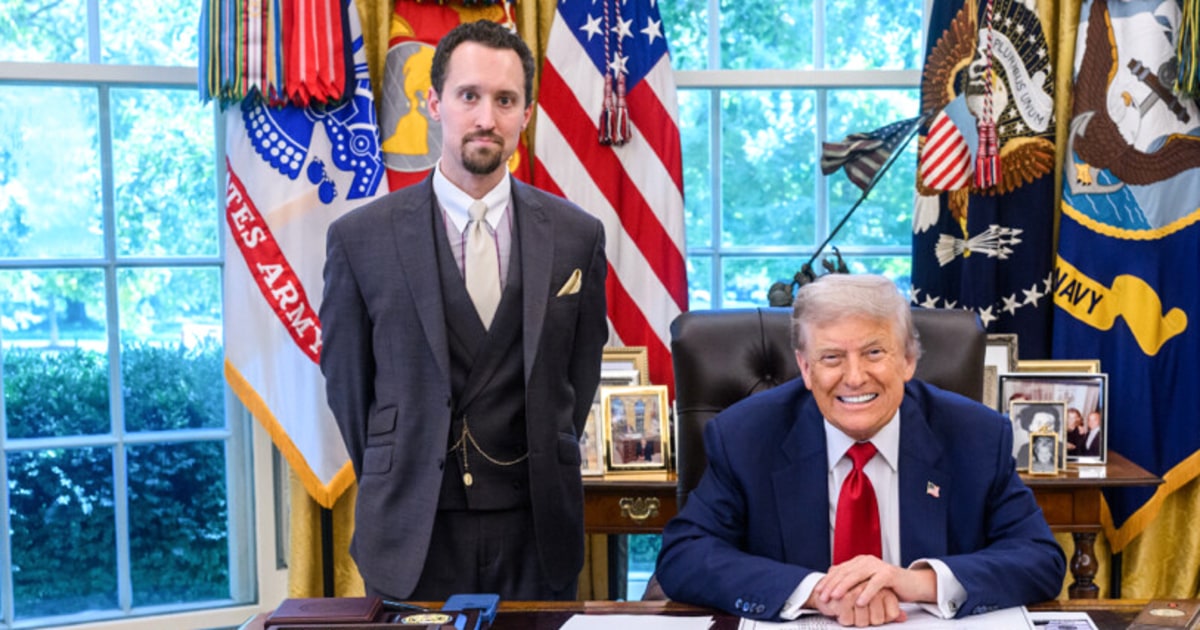
White House Withdraws E.J. Antoni's Nomination
The White House officially withdrew E.J. Antoni's nomination to lead the Bureau of Labor Statistics (BLS) on Tuesday. While the administration has not publicly detailed the reasons behind this decision, reports suggest concerns were raised about maintaining the integrity of BLS data under Antoni’s leadership. The BLS plays a crucial role in providing unbiased labor market statistics, making the choice of its head especially significant.
Concerns and Future Prospects
Economists and industry experts reportedly expressed unease regarding Antoni’s nomination, prompting the White House to reconsider. Despite the withdrawal, officials acknowledged Antoni as a talented economist and emphasized that a new nominee will be announced soon. The delay reflects the administration’s cautious approach to ensure the BLS remains a trusted source of labor statistics.
What Lies Ahead for the BLS
The decision to pull Antoni’s nomination highlights the sensitivity surrounding leadership at the BLS. The administration’s next steps will be closely watched by policymakers and economists alike, as the agency’s credibility directly impacts economic policy and public trust.
About the People Mentioned
E.J. Antoni
E.J. Antoni is an economist and public policy analyst currently serving as Chief Economist and Richard Aster Fellow at The Heritage Foundation’s Grover M. Hermann Center for the Federal Budget[4]. Born in October 1987, Antoni is 37 years old as of 2025[5]. He holds both master’s and doctoral degrees in economics from Northern Illinois University[1][3][5]. Antoni’s academic and professional work focuses primarily on fiscal and monetary policy, with a particular emphasis on issues affecting the federal budget[1][3][4]. Antoni has held several notable roles in conservative policy circles. Prior to his current position at The Heritage Foundation, he was an economist at the Texas Public Policy Foundation and has served as a senior fellow at the Committee to Unleash Prosperity, a research organization co-founded by longtime Trump advisor Stephen Moore[1][3][4]. He has also worked as an economic consultant for FreedomWorks and has taught courses in labor economics and money and banking[3][4]. Antoni is a frequent commentator in media, regularly appearing on news outlets such as Fox News, Fox Business, The Wall Street Journal, National Review, CNBC, and others[1][3][4]. He is also a daily guest on business television and podcasts, including the nationally syndicated VINCE Show, where he serves as the in-house economist[4]. Antoni’s research and commentary have been featured by a wide range of think tanks and policy institutes, and he has presented testimony before both the U.S. Congress and state legislatures[3][4]. His work is known for its focus on free-market principles, skepticism of government intervention in the economy, and critiques of federal data collection practices, particularly those of the Bureau of Labor Statistics (BLS)[2]. In 2025, Antoni was nominated to lead the BLS, a move that drew attention given his previous public criticisms of the agency’s data methodologies[2][5]. Supporters highlight his commitment to accurate, timely economic data and free enterprise, while his nomination has sparked discussion about the potential direction of federal economic statistics under his leadership[2]. Antoni remains a prominent voice in debates over U.S. economic policy, regularly contributing analysis on federal spending, inflation, labor markets, and monetary policy[1][3][4]. His current relevance is underscored by his media presence, congressional testimony, and key role at one of the nation’s leading conservative think tanks[4].
About the Organizations Mentioned
White House
The **White House Office** is a central organizational component within the Executive Office of the President of the United States (EOP), tasked with supporting the President in managing day-to-day operations, policy formulation, and political affairs. It is headed by the White House Chief of Staff and staffed by senior aides who report directly to the President, including those with titles such as Assistant to the President and Deputy Assistant to the President. These staff members are mostly political appointees without the need for Senate confirmation, allowing the President considerable discretion in shaping the office to suit each administration's priorities[1]. Historically, the White House Office was established in 1939 through Reorganization Plan 1 and Executive Order 8248 to provide immediate assistance to the President. It functions as the nerve center for presidential staff, physically located primarily in the West Wing, and plays a pivotal role in managing the President’s policy agenda, communications, and political strategy. Its flexible organization allows each President to tailor the staff composition and roles according to their governance style and objectives[1]. In the current context of 2025, the White House Office operates under the administration of President Donald J. Trump, who returned to office after the 2024 election. His administration emphasizes rejecting prior policies deemed extremist and focuses on enhancing quality of life, economic growth, and American energy dominance. The administration includes Vice President JD Vance and First Lady Melania Trump, among others, with a Cabinet advising on various governmental functions[4][6]. Recent initiatives linked to the White House’s operational sphere include the establishment of a new **Department of Government Efficiency (DOGE)** aimed at modernizing federal technology and software to boost government productivity. The DOGE agenda is implemented through the renamed United States DOGE Service within the Executive Office, reflecting a concerted push to leverage technology for administrative modernization[5]. Notably, the White House Office also coordinates national security and homeland security functions through the National Security Council staff, underscoring its central role
Bureau of Labor Statistics
The **Bureau of Labor Statistics (BLS)** is a pivotal federal agency within the United States Department of Labor, serving as the primary source for labor market and economic data. Established to provide unbiased, timely, and accurate information, the BLS plays a crucial role in shaping economic policies and business decisions. ## What Does the BLS Do? The BLS collects, analyzes, and publishes data on employment, unemployment, wages, inflation, productivity, and working conditions. Key reports include the **Employment Situation** (monthly jobs report), **U.S. Consumer Price Index (CPI)**, **U.S. Producer Price Index (PPI)**, and **Job Openings and Labor Turnover Survey (JOLTS)**. These reports are essential for policymakers, businesses, and the public, influencing decisions such as interest rates and wage negotiations[2][3]. ## History and Key Achievements The BLS was founded with the mission to provide "the fearless publication of the facts," a principle that guides its operations to this day. Over the years, it has expanded its scope to include a wide range of economic indicators, making significant contributions to understanding the U.S. economy. Notably, the BLS has been instrumental in defining and computing the unemployment rate, a key macroeconomic metric[5]. ## Current Status Today, the BLS continues to operate independently within the Department of Labor, maintaining its commitment to impartiality and high-quality data. It serves as a critical resource for researchers, policymakers, and businesses, providing insights into labor market trends and economic conditions[3][4]. ## Notable Aspects - **Independence and Objectivity**: The BLS is known for its independence in data collection and reporting, ensuring that its findings are free from political influence[1][3]. - **Data Impact**: BLS data impacts various sectors, including cost-of-living adjustments for Social Security recipients and business hiring strategies[2]. - **Publications and Resources

